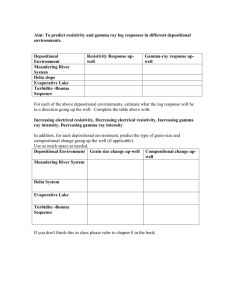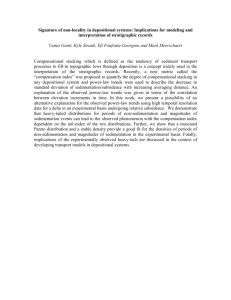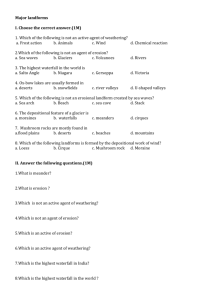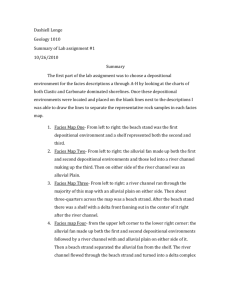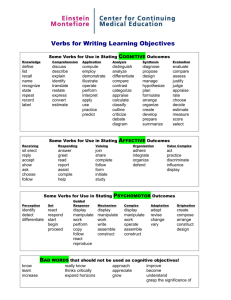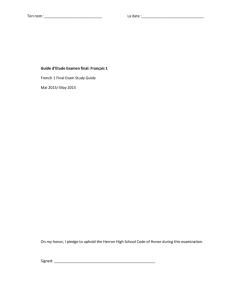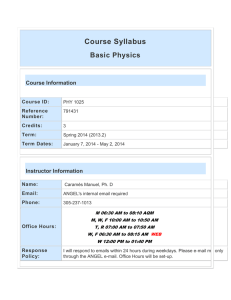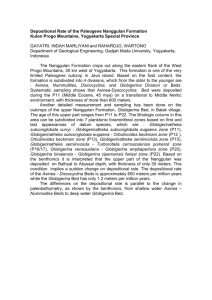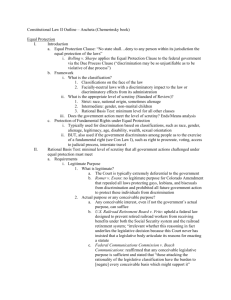Science Process Skills Handout
advertisement
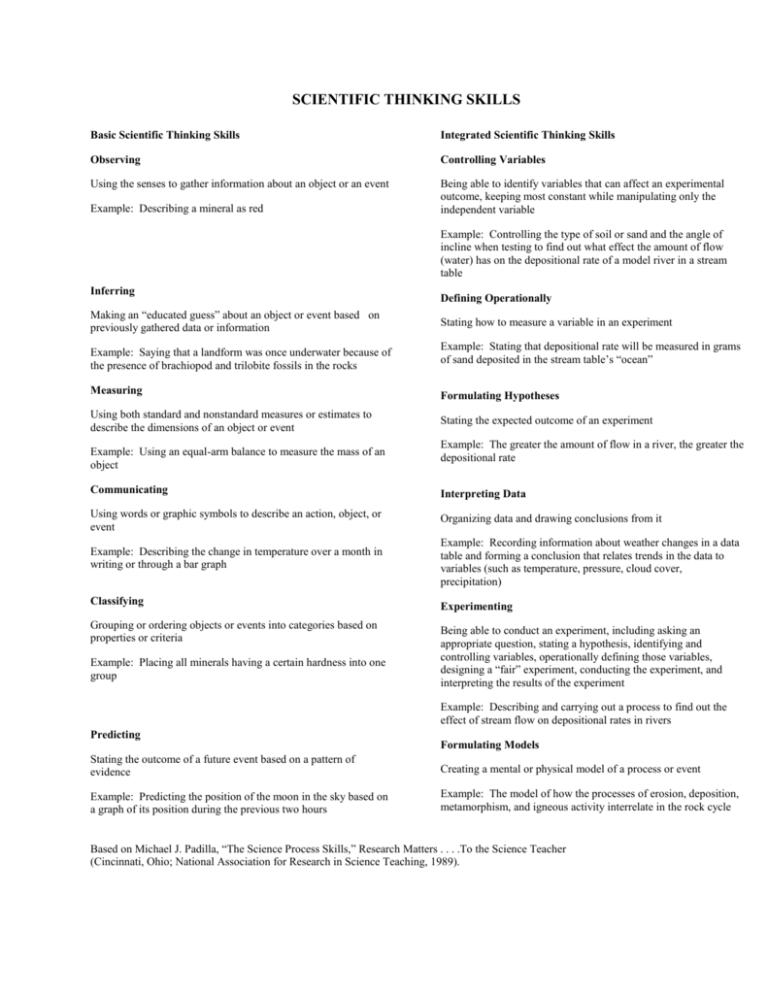
SCIENTIFIC THINKING SKILLS Basic Scientific Thinking Skills Integrated Scientific Thinking Skills Observing Controlling Variables Using the senses to gather information about an object or an event Being able to identify variables that can affect an experimental outcome, keeping most constant while manipulating only the independent variable Example: Describing a mineral as red Example: Controlling the type of soil or sand and the angle of incline when testing to find out what effect the amount of flow (water) has on the depositional rate of a model river in a stream table Inferring Making an “educated guess” about an object or event based on previously gathered data or information Example: Saying that a landform was once underwater because of the presence of brachiopod and trilobite fossils in the rocks Measuring Using both standard and nonstandard measures or estimates to describe the dimensions of an object or event Example: Using an equal-arm balance to measure the mass of an object Defining Operationally Stating how to measure a variable in an experiment Example: Stating that depositional rate will be measured in grams of sand deposited in the stream table’s “ocean” Formulating Hypotheses Stating the expected outcome of an experiment Example: The greater the amount of flow in a river, the greater the depositional rate Communicating Interpreting Data Using words or graphic symbols to describe an action, object, or event Organizing data and drawing conclusions from it Example: Describing the change in temperature over a month in writing or through a bar graph Example: Recording information about weather changes in a data table and forming a conclusion that relates trends in the data to variables (such as temperature, pressure, cloud cover, precipitation) Classifying Grouping or ordering objects or events into categories based on properties or criteria Example: Placing all minerals having a certain hardness into one group Experimenting Being able to conduct an experiment, including asking an appropriate question, stating a hypothesis, identifying and controlling variables, operationally defining those variables, designing a “fair” experiment, conducting the experiment, and interpreting the results of the experiment Example: Describing and carrying out a process to find out the effect of stream flow on depositional rates in rivers Predicting Formulating Models Stating the outcome of a future event based on a pattern of evidence Creating a mental or physical model of a process or event Example: Predicting the position of the moon in the sky based on a graph of its position during the previous two hours Example: The model of how the processes of erosion, deposition, metamorphism, and igneous activity interrelate in the rock cycle Based on Michael J. Padilla, “The Science Process Skills,” Research Matters . . . .To the Science Teacher (Cincinnati, Ohio; National Association for Research in Science Teaching, 1989).
